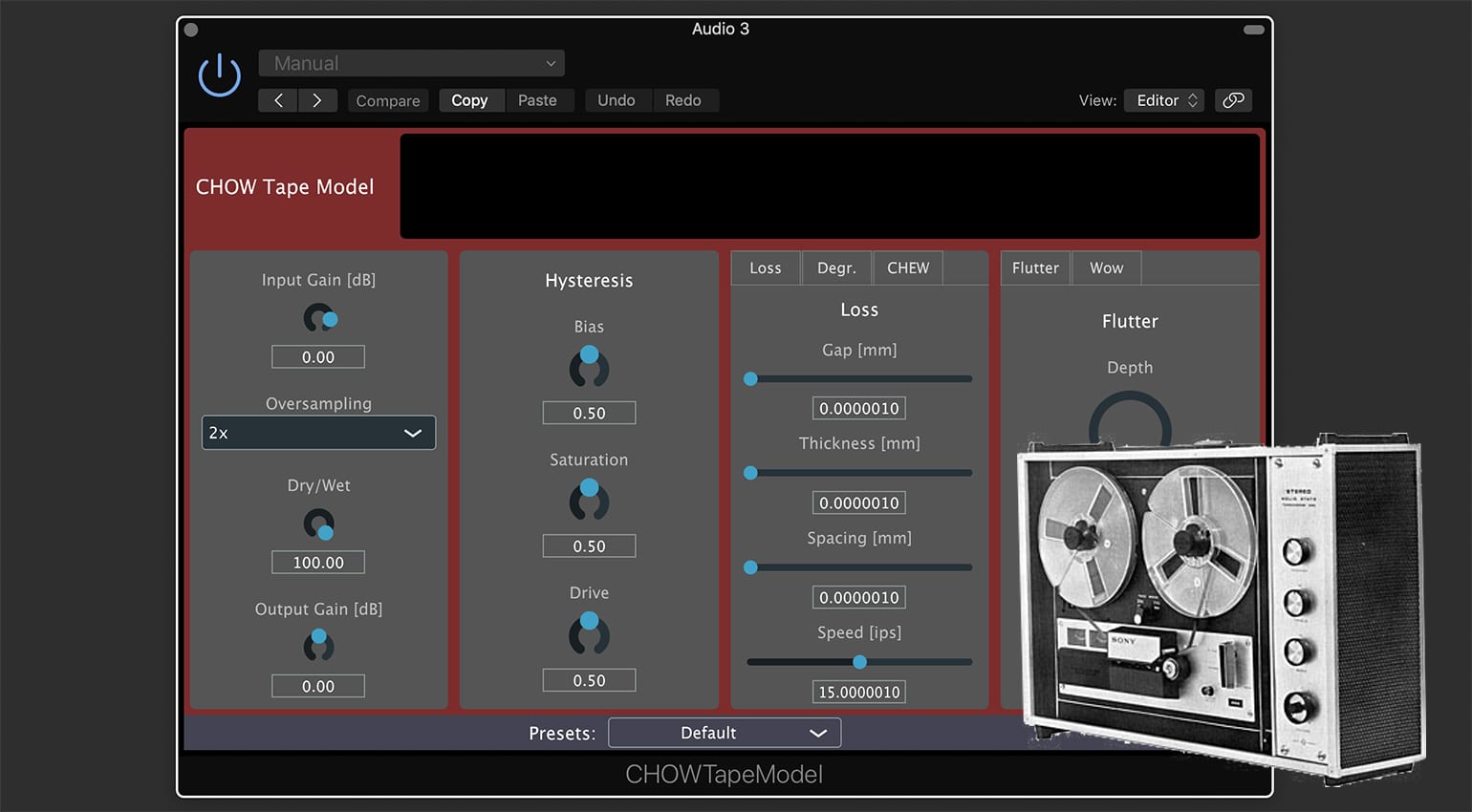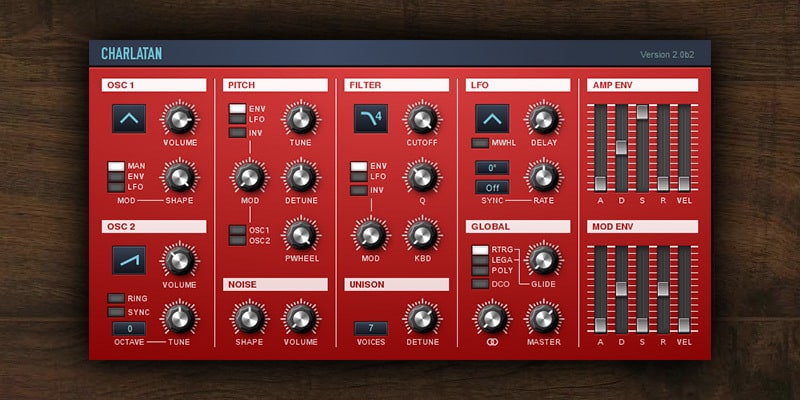

Spearman's correlation coefficients showed that errors were correlated positively with the number of fixations and the duration of performance. This implies that modality of a score affects an efficiency of input and visuo-motor coordination in the advanced pianist's sight-reading.

Results showed that sight-readers fixated more frequently and tended to spend more time performing in a minor score than in a major score. All pieces were 20-measure long written in 4/4 m, adapted from unfamiliar Baroque pieces.

All participants sight-read three two-voice pieces in either major (n = 16) or minor (n = 16) mode while their eye movements were measured by an eye-tracking device (30 fps). Thirty-two advanced pianists with 5–54 years of piano training participated in the study. e., fixation), visuo-motor coordination (i.e., eye-hand span and time of performance), and execution (i.e., errors) in the advanced pianist's sight-reading processes, as well as relations among these three phases. In this study, we explored how the modality (major and minor) would affect the input (i. This study supports the link between numbers and language, especially highlighting the impact of language on reading numbers aloud from childhood to adulthood. This effect tended to persist until adulthood in the reading aloud task, while in the matching task performance both languages become similar in older adolescents and young adults. Moreover, we find an effect of language of math acquisition such that transcoding is less well mastered in LM2. In conclusion, we observed an age-independent language effect with numbers having a base-20 structure in French, reflecting their reduced transparency with respect to the decimal system. In addition, participants made more errors when reading LM2 numbers. While participants across age groups tended to read numbers slower in LM2, this effect was limited to the youngest age group in the matching task. `30s `40s `50s), it appeared that transcoding in LM2 (French) also entailed a cost. Furthermore, considering only base-10 numbers ( i. `70s, `80s and `90s), such that response times were slower in all age groups. Results of both tasks show a cognitive cost for transcoding numbers having a base-20 structure ( i. Transcoding was evaluated with a reading aloud and a verbal-visual number matching task. French `70s `80s `90s are less transparent than `30s `40s `50s numbers, since they have a base-20 structure, which is not the case in German. In the Luxembourgish educational system, children acquire mathematics in German (LM1) until the 7 th grade, and then the language of learning mathematic switches to French (LM2). We evaluated transcoding of German-French bilinguals from Luxembourg in 5 th, 8 th, 11 th graders and adults. Visual symbolic to verbal transcoding and vice versa strongly relies on language proficiency. Number transcoding is the cognitive task of converting between different numerical codes ( i.
PSYSCOPE WINDOWS HOW TO
Information about how to obtain the program and its documentation is provided.
PSYSCOPE WINDOWS FREE
PsyScope is available for noncommercial purposes free of charge and unsupported to the general research community. Its graphic environment, and discuss some of its technical features (such as its underlying scripting language, timing characteristics,Įtc.). We describe the overall organization of the program, provide an example of how a simple experiment can be constructed within
PSYSCOPE WINDOWS WINDOWS
Graphically, and experiments are constructed by working with these elements in interactive windows and dialogs. The standard components of a psychology experiment-groups, blocks, trials, and factors-are all represented PsyScope relies on the interactive graphic environment provided by Macintosh computers toĪccomplish this goal. Goal of PsyScope is to give both psychology students and trained researchers a tool that allows them to design experiments PsyScope is an integrated environment for designing and running psychology experiments on Macintosh computers.


 0 kommentar(er)
0 kommentar(er)
